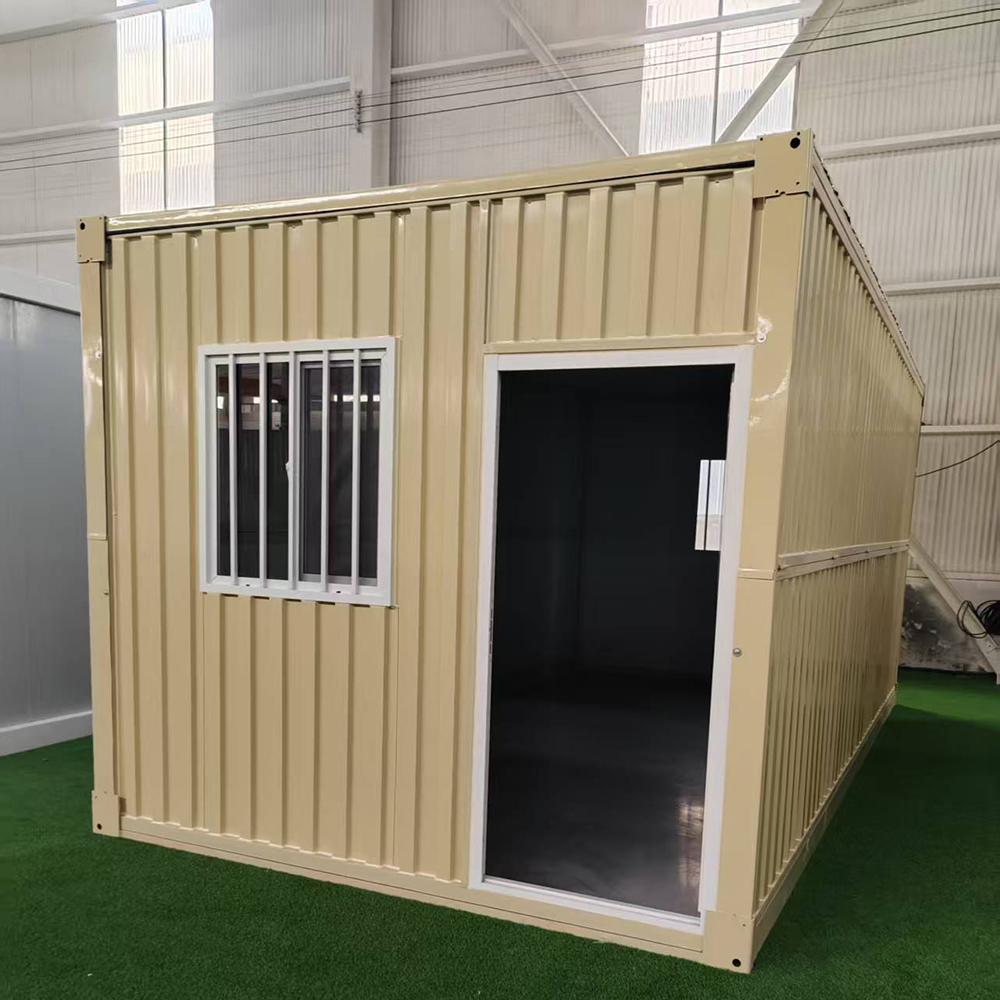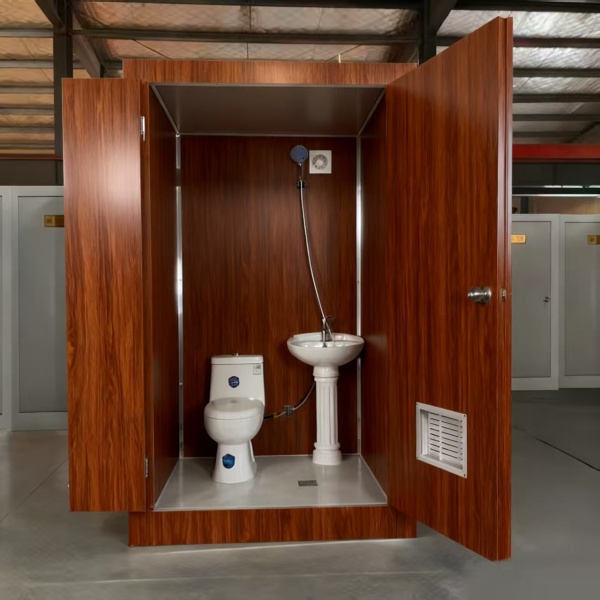-
E-mail
Austin120521@outlook.com -
E-mail
sales@jujiuhouse.com -
Telephone
+86-17864099991 -
Telephone
+86-17854044442
- Chinese
- French
- German
- Portuguese
- Spanish
- Russian
- Japanese
- Korean
- Arabic
- Irish
- Greek
- Turkish
- Italian
- Danish
- Romanian
- Indonesian
- Czech
- Afrikaans
- Swedish
- Polish
- Basque
- Catalan
- Esperanto
- Hindi
- Lao
- Albanian
- Amharic
- Armenian
- Azerbaijani
- Belarusian
- Bengali
- Bosnian
- Bulgarian
- Cebuano
- Chichewa
- Corsican
- Croatian
- Dutch
- Estonian
- Filipino
- Finnish
- Frisian
- Galician
- Georgian
- Gujarati
- Haitian
- Hausa
- Hawaiian
- Hebrew
- Hmong
- Hungarian
- Icelandic
- Igbo
- Javanese
- Kannada
- Kazakh
- Khmer
- Kurdish
- Kyrgyz
- Latin
- Latvian
- Lithuanian
- Luxembou..
- Macedonian
- Malagasy
- Malay
- Malayalam
- Maltese
- Maori
- Marathi
- Mongolian
- Burmese
- Nepali
- Norwegian
- Pashto
- Persian
- Punjabi
- Serbian
- Sesotho
- Sinhala
- Slovak
- Slovenian
- Somali
- Samoan
- Scots Gaelic
- Shona
- Sindhi
- Sundanese
- Swahili
- Tajik
- Tamil
- Telugu
- Thai
- Ukrainian
- Urdu
- Uzbek
- Vietnamese
- Welsh
- Xhosa
- Yiddish
- Yoruba
- Zulu
- Kinyarwanda
- Tatar
- Oriya
- Turkmen
- Uyghur

Buy low price flat pack container house prefabricated
html
The Practical World of Low-Cost Flat Pack Container Houses
Flat pack container houses are revolutionizing affordable living. But what makes these prefabricated solutions so attractive, and are they really the bargain they seem?
Understanding the Appeal of Prefabricated Housing
Flat pack container houses offer a unique blend of affordability and versatility. Having been involved in numerous projects myself, I've seen firsthand how these structures can be an excellent choice for those looking to minimize costs without sacrificing quality. Companies like SHANDONG JUJIU INTEGRATED HOUSING CO,LTD are at the forefront of this movement. With a comprehensive approach to design and production, they offer robust solutions that meet diverse needs.
One common misconception is that lower cost equates to lower quality. This couldn't be further from the truth in the world of flat pack container houses. In fact, well-established enterprises like Shandong Jujiu have set industry standards by integrating advanced research and development in their processes. Their capacity to deliver high-grade materials at competitive prices is a testament to their expertise.
The strategic design of these homes often incorporates flexibility, making them ideal for various applications, from emergency housing to permanent dwellings. The real challenge lies in the finer execution—something that requires both industry knowledge and a sharp eye for detail.
Key Considerations When Buying
Purchasing a flat pack container house isn't just about finding the lowest price. The key is to evaluate which features are prioritized. Are you looking for a temporary solution, or is this an investment in a more long-term living situation? Understanding your needs from the onset is crucial.
During one particular project, we faced a situation where a client underestimated the installation complexity. Although the house itself was inexpensive and quick to deliver, the site preparation required unexpected adjustments, which could have been avoided with better initial planning. Partnering with a company like Shandong Jujiu, who also handles installation, ensures a more seamless experience.
Another factor to consider is the local environment where the house will be installed. Different climates demand different configurations and materials, something experienced companies weigh in as part of their planning and production stages.
The Role of Customization
Customization is a significant draw for those considering prefabricated container houses. Most suppliers, including Shandong Jujiu, offer a range of customizable features. From layout adjustments to specific material choices, the options are abundant.
In my experience, clients often appreciate the ability to tweak designs to better fit their personal preferences or site-specific requirements. This has been particularly beneficial in urban settings where space efficiency is critical. A past project involving an urban community center showcased how tailored configurations dramatically improved usability.
However, it's important to balance customization with budget. While modifications can add value, they can also quickly escalate costs if not managed properly. Therefore, always consult closely with the supplier to align expectations and costs.
Site Preparation and Installation Challenges
Once the purchase decision is made, the next big hurdle is installation. It's a step that can make or break the entire project. I've seen cases where poor preparation led to costly delays. One effective strategy is a thorough site assessment prior to delivery.
Shandong Jujiu provides an integrated approach, overseeing each project phase, including preparation. This comprehensive service helps mitigate common mistakes, such as underestimating site leveling or ignoring local zoning regulations.
It occasionally happens that something as simple as lack of proper access for delivery vehicles complicates the process. This stage demands not only precision but also foresight—a quality that experienced companies bring to the table.
A Look at Sustainability
Sustainability is increasingly a focus in the prefab industry. Many clients are now asking about the environmental impact of their homes. This is another area where companies like Shandong Jujiu shine, offering solutions that prioritize eco-friendly materials and processes.
The reduced construction waste and energy efficiency associated with prefabricated flat pack houses are significant benefits. I've observed that clients who choose prefab structures often appreciate the smaller carbon footprint, which aligns with global environmental goals.
Taking it a step further, the integration of solar panels and rainwater collection systems into these homes can transform them into remarkably self-sufficient environments. Though upfront costs may rise, the long-term savings and sustainability pay-offs are undeniably worth the consideration.
Related products
Related products
Best selling products
Best selling products-
 Factory Direct Sales Office Folding Container Luxury House Living Container House
Factory Direct Sales Office Folding Container Luxury House Living Container House -
 The foldable container house with side wing design can be quickly set up and is suitable for various environments.
The foldable container house with side wing design can be quickly set up and is suitable for various environments. -
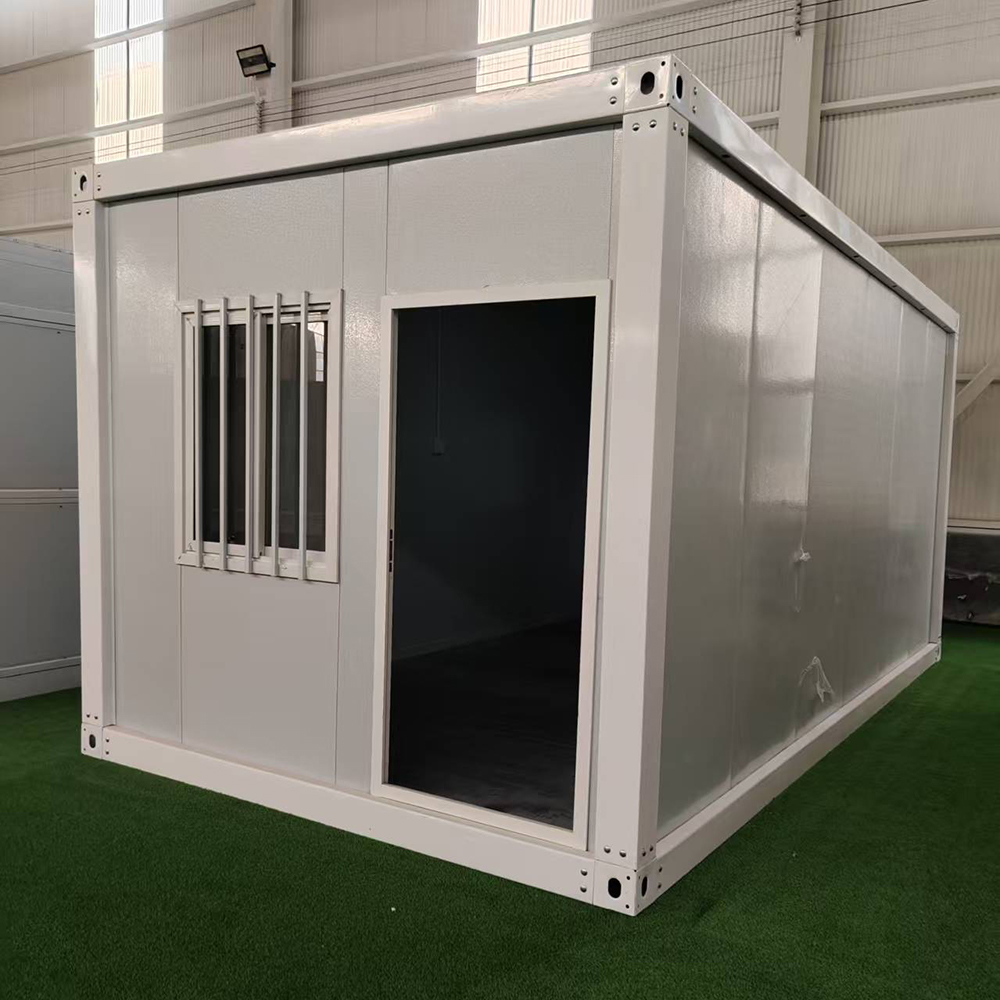 Folding Container Moving House Modular Office Container House Prefab Container for Outdoor Use
Folding Container Moving House Modular Office Container House Prefab Container for Outdoor Use -
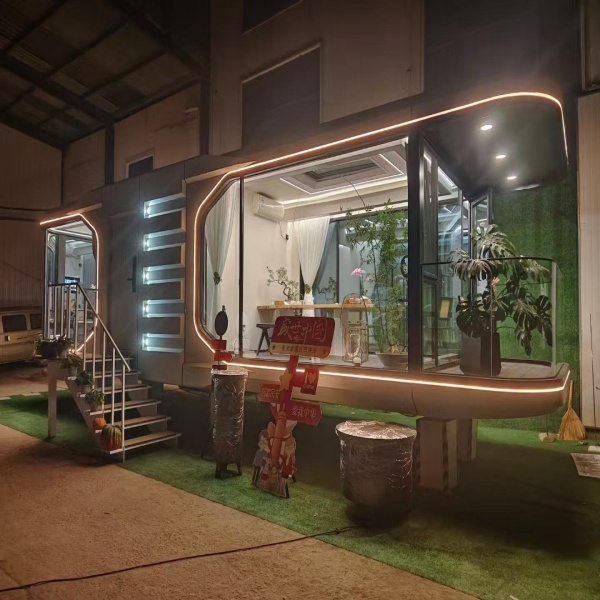 Outdoor ecological capsule rooms, luxury pods, space capsule hotel rooms, prefabricated space capsules, container houses
Outdoor ecological capsule rooms, luxury pods, space capsule hotel rooms, prefabricated space capsules, container houses -
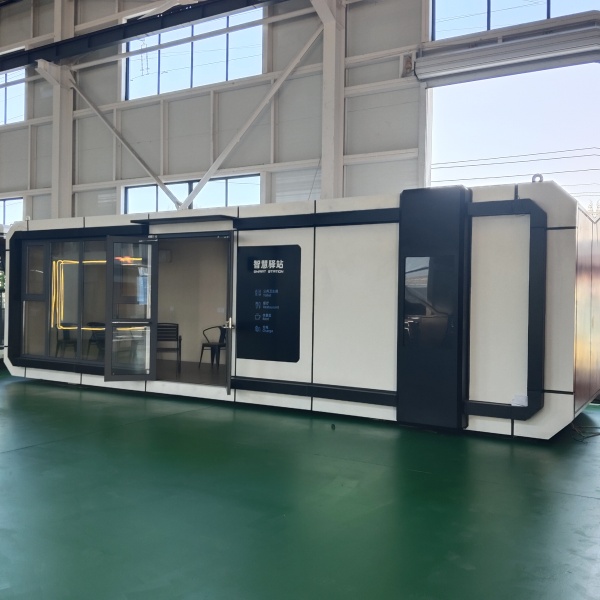 Modular modern movable apple cabins, customized high-end folk houses and portable bedrooms, delivered as a whole
Modular modern movable apple cabins, customized high-end folk houses and portable bedrooms, delivered as a whole -
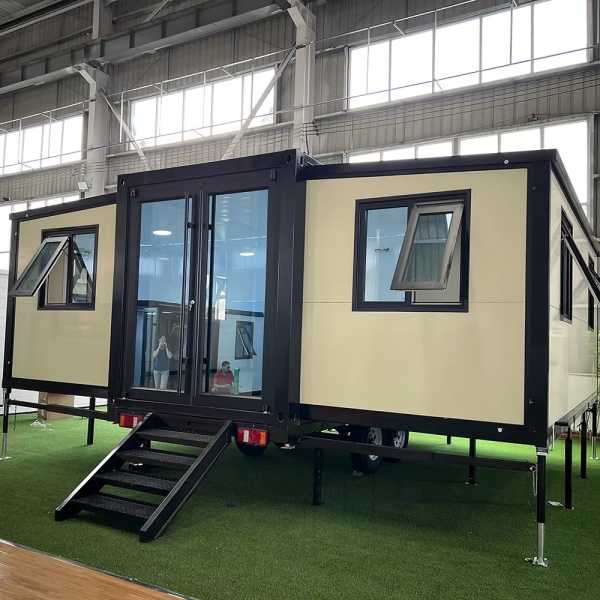 Stair Access Double Wing Expandable Container House | Easy Installation Mobile Office
Stair Access Double Wing Expandable Container House | Easy Installation Mobile Office -
 High-quality Double-wing Folding Container House with Doors and Windows, Insulated Walls, Suitable for Various Scenarios.
High-quality Double-wing Folding Container House with Doors and Windows, Insulated Walls, Suitable for Various Scenarios. -
 Easy Install Customized Detachable Container Homes Extendable House Prefab 2 Floors Expandable Container House
Easy Install Customized Detachable Container Homes Extendable House Prefab 2 Floors Expandable Container House -
 Waterproof folding container house – mobile accommodation for campsites/scenic spots
Waterproof folding container house – mobile accommodation for campsites/scenic spots -
 Detachable Design Prefabricated Container House Portable Modular Office Building Folding Container House
Detachable Design Prefabricated Container House Portable Modular Office Building Folding Container House -
 Customized Two Wing Folding Expandable Container House
Customized Two Wing Folding Expandable Container House -
 Movable Prefabricated Container House Villas Modular Portable Homes 1 Bedroom Container House Offices Apartments
Movable Prefabricated Container House Villas Modular Portable Homes 1 Bedroom Container House Offices Apartments
Related search
Related search- China detachable apple cabin house
- portable folding houses for sale
- Buy prefab foldable homes
- detachable apple cabin house
- China wholesale expandable container house 40ft luxury
- Buy 15ftx 20ft mobile expandable prefab house mobile home prefab
- modular container expandable prefabricated house
- Buy space capsule homes
- fold out homes for sale
- prefab expandable house









